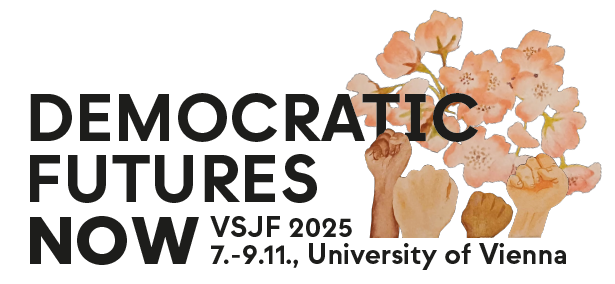Abstract
Civic self-governance and the erosion of local democracy in Japan’s aging rural peripheries
Hanno Jentzsch, Universität Wien
The legitimacy of local elections in Japan is challenged by decreasing turnout and an increase of uncontested races, especially in rural towns and villages. This long-standing development is typically linked to a combination of aging, a lack of local autonomy, and a shortage of candidates. Based on in-depth field research in various localities, this paper argues that an often-overlooked aspect of the crisis of local democracy lies in the long-term effects of the mid-2000s municipal merger wave. In these mergers, hundreds of socio-economically struggling rural towns and villages lost not only their administrative autonomy, but also their democratically elected mayors and assemblies. In the absence of sub-municipal electoral districts, peripheralized rural communities must “agree” on one candidate – or risk losing representation in the municipal assembly. Uncontested races may thus not only reflect a shortage of candidates, but also behind-the-scenes attempts to avoid electoral competition to secure territorial representation.
In a parallel development, the merger wave also led to the promotion of civic self-governance bodies to discuss and “solve” threats to local livelihoods at the sub-municipal level. Since 2015, the number of such “Regional Management Organizations” has increased rapidly, especially in the rural peripheries of merged municipalities. Most RMO are funded or even (indirectly) created by local governments. I argue that these “state-linked” civic self-governance bodies also challenge the position of elected local representatives, as municipal administrations treat the former as representatives of their respective communities, while the latter depend on unanimous support from their shrinking constituencies and thus have an interest to maintain amicable relations with RMO. The political promotion of ostensibly “apolitical” state-linked civic self-governance organizations thus further undermines representative local democracy in Japan’s rural peripheries.
Short bio
|
Name |
Dr. Hanno Jentzsch , M.A. |
|
Position |
Ass. Professor |
|
Affiliation |
Universität Wien, Department of East Asian Studies |
|
Research focus |
Japanese political economy, Institutional change, Agricultural policy, Rural Japan, welfare regimes, Varieties of capitalism |
|
relevant Publications |
Jentzsch, Hanno and Sebastian Polak-Rottmann. 2024. „Community-Based Care During COVID-19: Balancing Social Distancing and Social Care in Rural Japan – The Case of the Aso Region.“ Asia Pacific Journal: Japan Focus 22(3): Artikel 5835. Jentzsch, Hanno (Ed.). 2022. Rethinking Locality in Japan. London: Routledge. (with Sonja Ganseforth) Jentzsch, Hanno. 2021. Harvesting State Support: Institutional Change and Local Agency in Japanese Agriculture. Toronto: University of Toronto Press. Jentzsch, Hanno. 2020. „Japan’s Changing Regional World of Welfare: Agricultural Reform, Hamlet-Based Collective Farming, and the Local Renegotiation of Social Risks.“ Pacific Affairs: An International Review of Asia and the Pacific 93(2): 327–351. |







